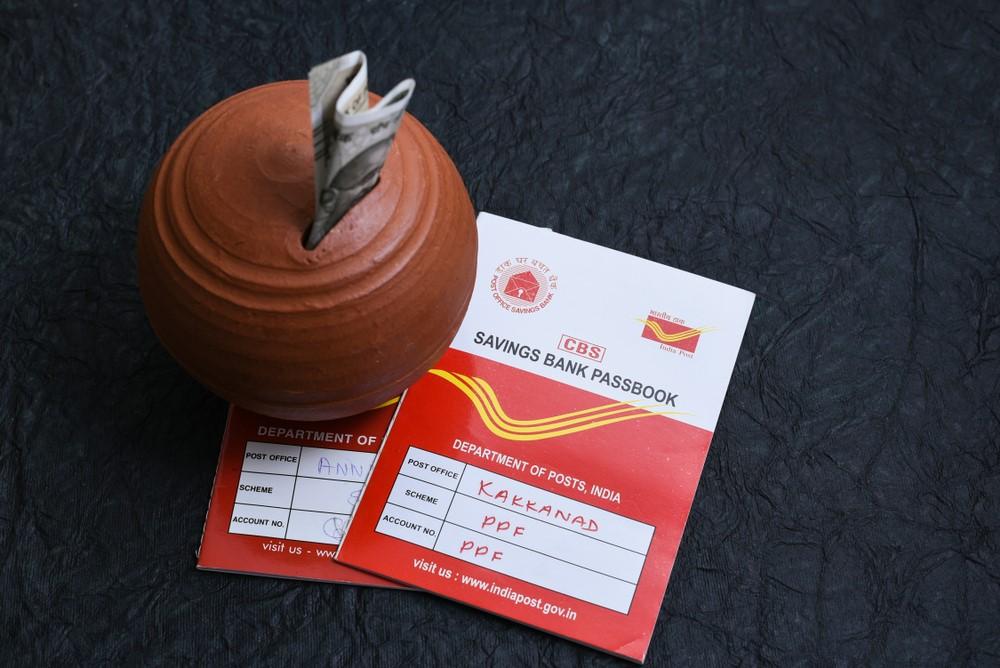Investing is a great way to grow wealth, but it's essential to understand the tax implications. Understanding capital gain tax rules in India is crucial when selling investments like stocks, mutual funds, and real estate in India. The tax rate depends on the type of investment and how long you hold it. Since tax regulations can change, staying updated with the latest rules is essential for making informed financial decisions.
What is Capital Gains Tax?
Capital gains tax is levied when you sell an asset for more than its purchase price. It is classified as:
1. Short-Term Capital Gains (STCG): If you sell an asset within a short period, it is taxed at a higher rate. The holding period varies by asset type. It is less than a year for stocks, ETFs, and equity funds, less than two years for real estate, and less than three years for gold and debt instruments.
2. Long-Term Capital Gains (LTCG): If you hold an asset beyond the short-term limit, offer lower tax rates to encourage long-term investments.
Capital Gains Tax on Shares and Stocks
Stocks are among the most common assets subject to capital gains tax on shares. Here’s how they’re taxed:
STCG: Profits from selling listed stocks within a year are taxed at 20%.
LTCG: Gains from stocks held for over a year are taxed at 12.5%, with an exemption on the first ₹1.25 lakh of gains per financial year.
Unlisted Shares: STCG is taxed per your income slab, while LTCG is taxed at 20% with indexation benefits.
Capital Gains Tax on Mutual Funds
Mutual funds follow similar tax rules as stocks. Let’s break it down:
Equity Mutual Funds: These funds follow the same tax structure as stocks. (STCG: 20% if sold within a year, LTCG: 12.5% on gains above ₹1.25 lakhs if held for over a year).
Debt Mutual Funds: STCG gains for units held for less than 24 months are taxed according to your income slab, and LTCG is taxed at 20% with indexation benefits.
Capital Gains Tax on Real Estate
Selling property? The tax rate depends on how long you’ve owned it:
STCG: Profits from selling property held for 24 months or less are taxed at 20%.
LTCG: Property sold after two years is taxed at 20% with indexation benefits. Reinvesting in another property (Section 54) or capital gain bonds (Section 54EC) can reduce LTCG tax.
Capital Gains Tax on Gold Investments
Gold is taxed differently based on holding time. Here’s what to know:
STCG: Gold sold within three years is taxed according to your income slab.
LTCG: If held for over three years, the tax rate is 20% with indexation benefits.
Ways to Reduce Capital Gains Tax
1. Reinvest in tax-saving options: LTCG tax on real estate can be avoided by reinvesting in property or capital gain bonds.
2. Use the basic exemption limit: If total income is below the taxable limit, capital gains tax may not apply.
3. Offset capital losses: Losses can be offset against gains to reduce tax liability.
Final Thoughts
A little tax planning can go a long way! Now that you know how capital gains tax works, you can invest smarter and keep more returns. Whether you’re earning capital gains on investments in shares, mutual funds, or gold, understanding tax rules can help you save more.
Want to learn more? Check out the Tata Capital Moneyfy app or visit our website.
Popular Searches
Learn Center
Mutual Fund Investment
Calculators
 3 mins read
3 mins read
 Previous Post
Previous Post

















